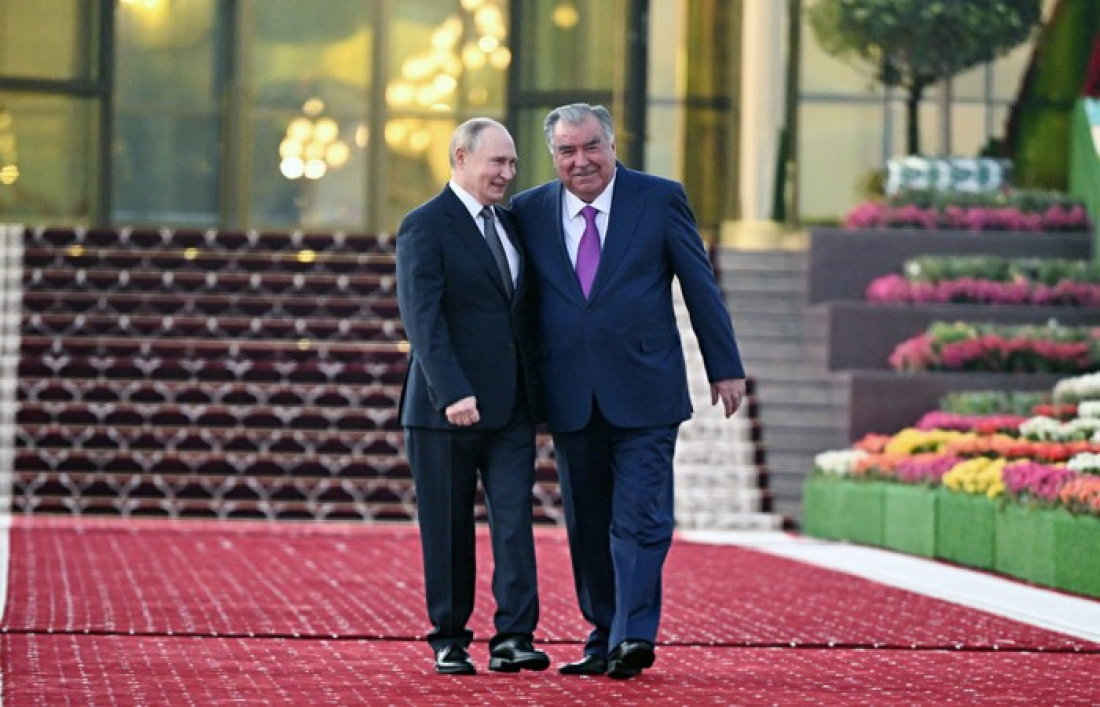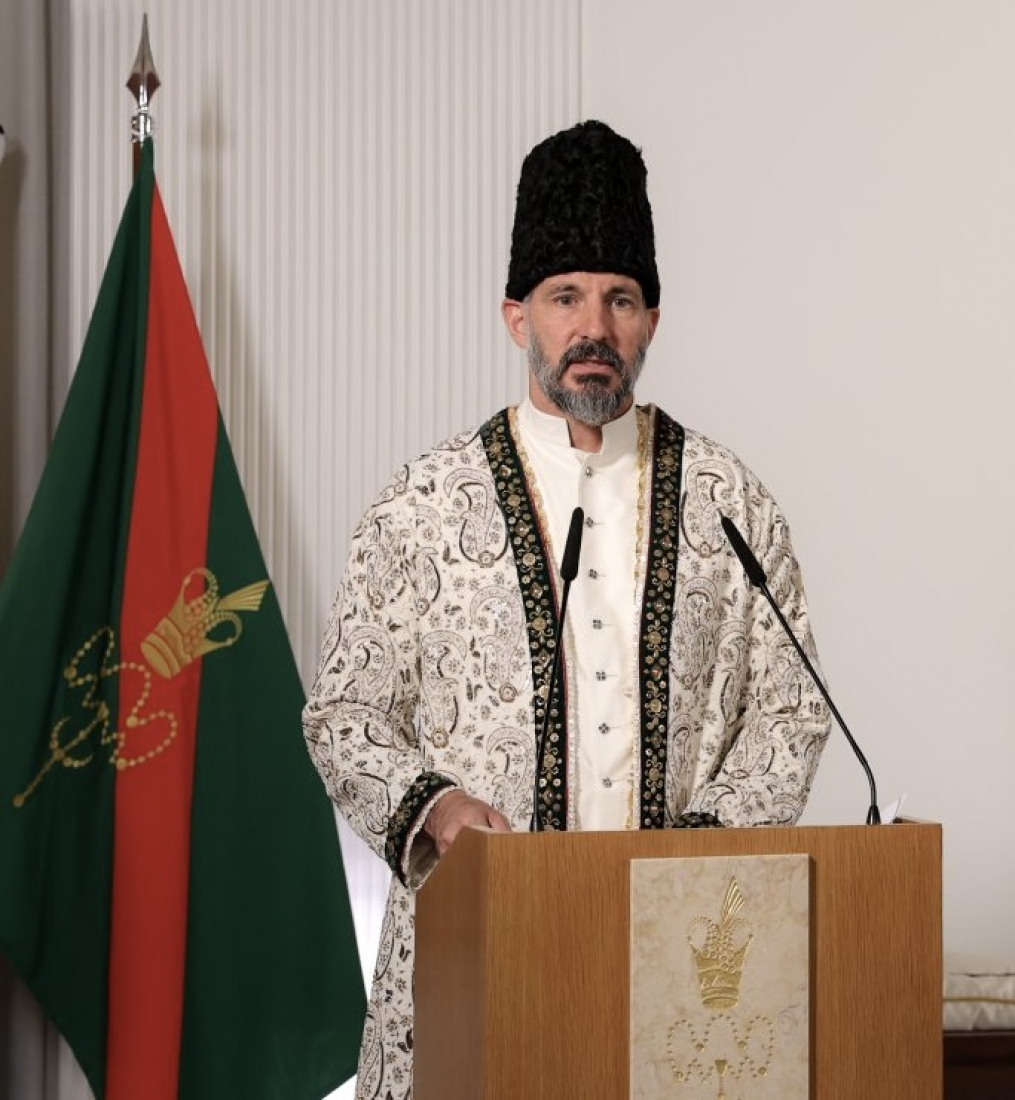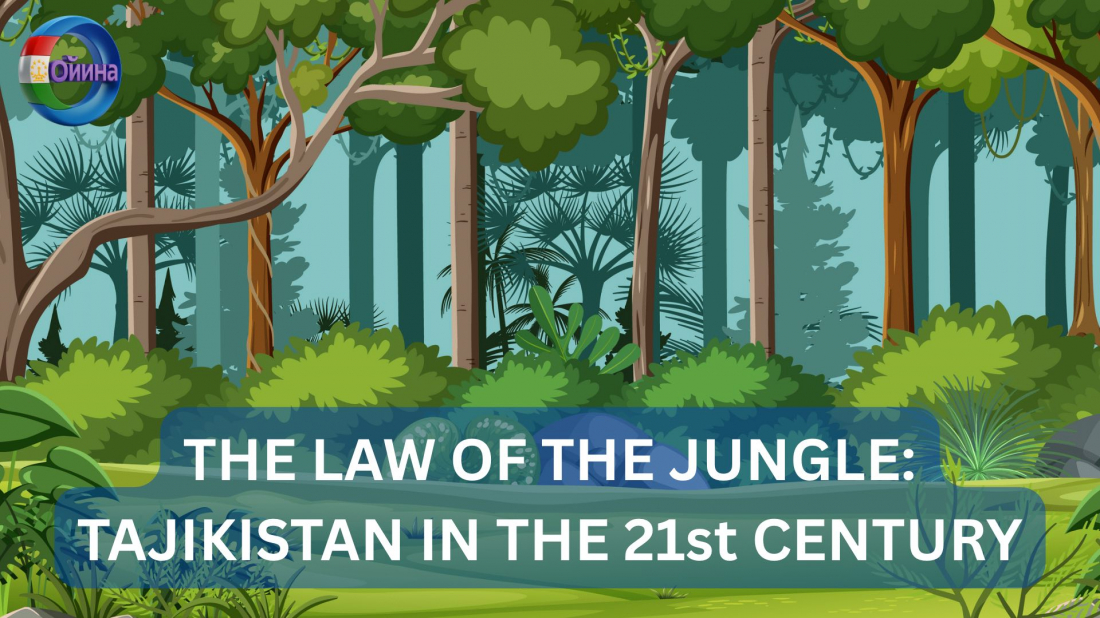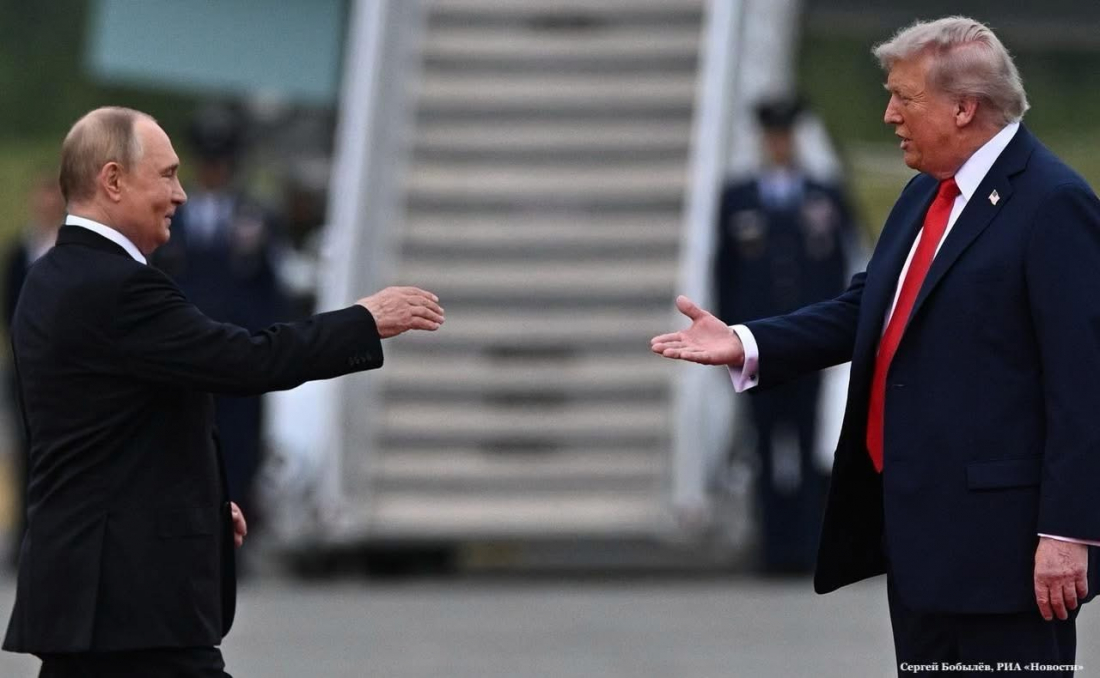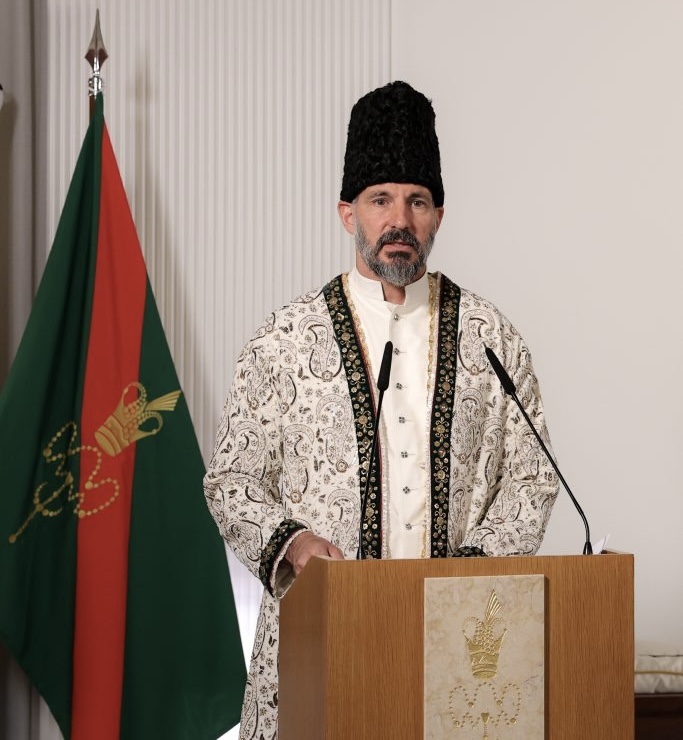
THE IMAM OF THE TIME AND THE BOUNDARIES OF RELIGIOUS FREEDOM
11.10.2025
In the history of every faith, there are days regarded as sacred by its followers.
For the Ismaili community, an integral part of Tajik society, such a day is the birthday of the Imam of the Time — His Highness Shah Karim al-Husayni, the Aga Khan IV, born on October 12, 1971.
For millions of Ismailis around the world, this day represents not only a religious celebration but also a symbol of self-awareness, intellect, and universal human values.
The Imam of the Time is not merely a spiritual leader of the Ismailis — he is a global figure and a symbol of friendship, compassion, knowledge, and culture.
Under his leadership, the Aga Khan Development Network (AKDN) operates in more than 30 countries worldwide, playing a vital role in education, healthcare, environmental protection, culture, and rural development.
In Tajikistan, from the early 1990s until 2022, institutions such as the Aga Khan Foundation, the University of Central Asia (UCA), Aga Khan lyceums, and cultural and sports centers were active, serving thousands of citizens.
Yet in recent years, most of these institutions have been shut down without explanation or transparency. This decision was not only a social and economic blow but also a political signal — a restriction of the cultural and religious space of the Ismaili community.
Across dozens of countries — from Europe and Canada to Africa and Asia — Ismailis celebrate this day freely with gratitude, charity events, and cultural programs. Even in many Sunni Muslim countries, it has become a day of spiritual unity.
In Tajikistan, however, despite Article 26 of the Constitution guaranteeing freedom of conscience and religion, the celebration often takes place in secrecy, under fear and uncertainty. Authorities act not on the basis of law but on ideological and political interpretations. What elsewhere is a religious celebration can in Tajikistan be labeled “illegal religious activity” or even a “threat to national unity.”
But can true national unity exist without respect for the religious beliefs of citizens, which naturally may differ?
How can a society speak of solidarity while denying more than 300,000 Ismailis the right to openly celebrate their sacred day?
In such circumstances, believers are forced into secrecy — a path that leads to alienation and distrust.
No one knows what “black cat” crossed between the authorities and the Aga Khan institutions, but the result is clear: since 2022, all educational, cultural, and social institutions connected to him have been closed in Tajikistan.
Even Ismaili athletes from Gorno-Badakhshan were not allowed to participate in the Ismaili Games 2024 in Dubai, while their coreligionists with Russian citizenship competed freely.
This raises the question: what kind of “security policy” considers schools, universities, and cultural centers a threat?
Today, there are only two countries in the world that restrict the open celebration of this day — China and Tajikistan.
China’s motives are clear: it suppresses all ethnic and religious minorities — from Uyghurs to Tibetans. But how can Tajikistan, which calls itself a democratic and free state, stand alongside China in violating the rights of its own citizens?
A country that forbids its people to worship God according to their faith will inevitably lose their trust and reduce spirituality to fear and bureaucracy. The Taliban regime in neighboring Afghanistan clearly illustrates this danger.
The birthday of the Imam of the Time is not only a religious occasion but also a test for any democratic society — a measure of its respect for freedom of conscience and personal belief.
Freedom of faith means that every individual has the right to worship God in their own way.
A government that restricts this path does not protect faith — it idolizes power. And that is far more dangerous than any religious difference.
True national unity is not built on uniformity but on respect for diversity. It arises when every citizen has the right to know and worship God in their own tradition and to celebrate their sacred days freely.
A government that fears this deprives itself of a great moral strength. Only through mutual respect and acceptance can Tajikistan become a free, dignified, and united nation.
Today, more than ever, the world needs leaders like the Imam of the Time — those who embody knowledge, culture, and humanity.
Thus, his birthday is not only a religious holiday but also a reminder of shared human values — wisdom, justice, hope, and service to humankind.
May this day awaken in the hearts of all Tajiks the spirit of unity, friendship, and compassion — and help us see ourselves, in all our diversity, as part of one free and peaceful nation.
We are proud of you!




